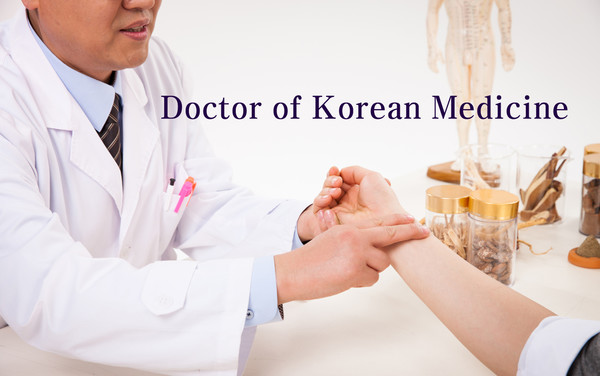Government changes name from ‘Oriental medical doctor’ to ‘doctor of Korean medicine’
The Ministry of Health and Welfare recently changed the official English name of “Oriental medical doctor” to “doctor of Korean medicine,” causing a strong backlash from the medical community.
Doctors said the new name could be misleading because English-speaking people could confuse Western medical doctors with Oriental medical practitioners.
On July 26, the health ministry revised the official name of an Oriental medicine practitioner to a “doctor of Korean medicine” to be written in medical licenses and diplomas.

The Oriental medicine community welcomed the decision but doctors practicing Western medicine demanded the government discard the change.
On Thursday, the Korean Medical Association (KMA) said the latest decision was another debacle after the government changed the name of Oriental medicine to Korean medicine despite a controversy.
KMA noted that the WHO uses “traditional Chinese medicine,” not “Chinese Medicine,” as an official name for traditional Chinese medicine.
“The term is not an expression of discrimination or hatred. It is to help users of medical services make safe and appropriate choices by clearly stipulating traditional methods that are not based on scientific principles and standards,” KMA said.
The KMA said changing the name of Oriental medical doctors was the health ministry’s “violence” against physicians.
“A ’doctor' usually means a person with a doctor's license or a medical doctor unless it refers to a person with a doctor’s degree. It can confuse English-speaking people who may find it difficult to distinguish a doctor of Korean medicine from a Korean medical doctor,” it said.
Excluding the word “traditional” and only using “Korean medicine” could mislead foreigners to recognize an Oriental medical doctor as a “Korean national doctor,” the KMA went on to say.
“This was a decision that completely ignored the academic, legal, and ethical reasons to accurately distinguish medicine from traditional therapies,” it said.
KMA demanded the health ministry withdraw the name change and close the office of the Deputy Director General for Traditional Korean Medicine.
The KMA and the Association of Korean Medicine (AKOM) have been bickering over the English name of Oriental medicine for over 10 years.
AKOM changed the English name of Oriental medicine to “Korean medicine” in March 2012, along with the change of the association’s name to AKOM from “the Association of Korean Oriental Medicine.”
The KMA asked a court to ban the use of the name, AKOM, saying it could be confused with Korean Medical Association.
However, the Supreme Court dismissed the KMA’s lawsuit in July 2016.

